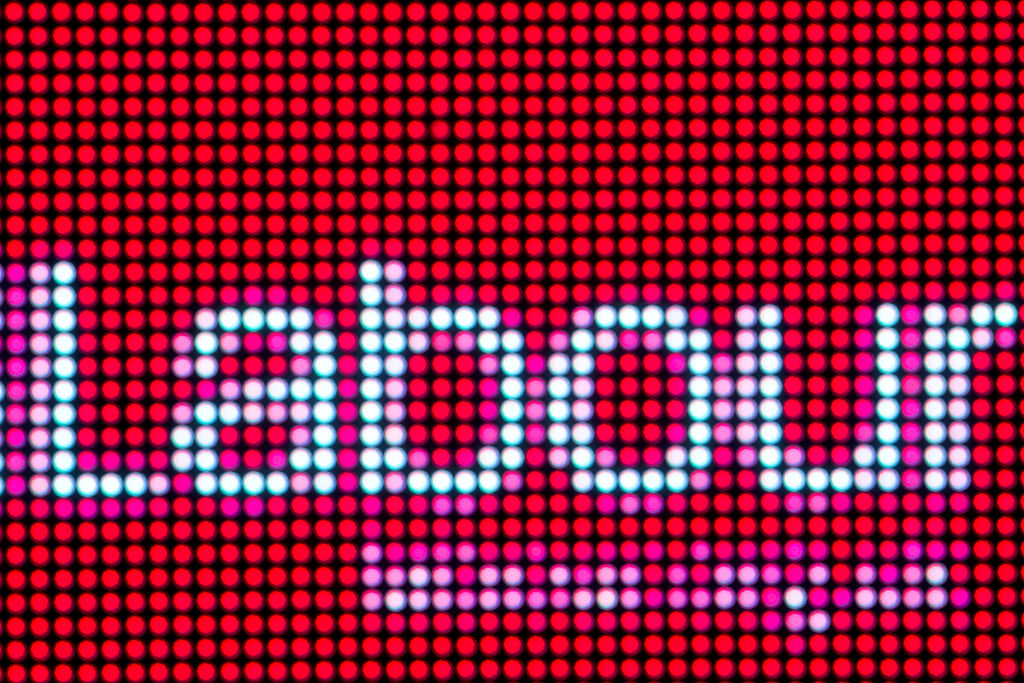It’s good news that next year’s census will not include a separate Sikh ‘ethnic’ tick box. A no brainer, you may say, because Sikhism is a religion (already recorded in the census), which like any other includes people from various ethnic groups. But don’t be fooled: this issue has been highly contentious – and Labour has only made matters worse with its meddling.
Campaigners from a group called the Sikh Federation UK (SFUK) point out that Sikhs are recognised as an ethnic group under law (a point I addressed here). However in the current pandemic, the SFUK has made noise suggesting ‘Sikh discrimination continues’ because statistics for death by religion aren’t available, whereas deaths by ethnic group are (in any case, most British Sikhs identified as Indian in the last census, for which data is readily available). The debate rages on and has occasionally been ugly. But a consequence of all this has been the emergence of a new and worrying form of Sikh identity politics. It’s divisive and Labour are seemingly championing it.
Of course, it is not uncommon for vocal groups to give the impression they represent the majority view; Sikhs are no exception. SFUK is the all party parliamentary group’s (APPG) secretariat for British Sikhs. Labour shadow minister Preet Kaur Gill, who is the APPG’s chair, recently uploaded a video on social media suggesting the SFUK’s tick box campaign was initiated by the ‘the Sikh community’. The inference that we’re one large unthinking monolith who don’t possess diversity of opinion is insulting to say the least. It’s especially belittling given Sikh academics, peers and journalists have all vehemently opposed the flawed ethnicity argument.
During a Commons debate last week some Labour politicians spoke out against not including a Sikh ethnic tick box in the draft census for England and Wales. Cat Smith MP suggested a new tick box might help improve the recording of hate crimes against Sikhs, who are sometimes recorded under ‘Islamophobic hate crime’. But in putting forward this argument she fails to consider the nature of ‘perception’ based hate crime. A new tick box doesn’t prevent hostility due to visible differences (like turbans, beards, colour), perceived by the victim or ‘any other person’. Besides, hate crime is already being disaggregated by the Home Office on an annual basis; a breakdown by religion is available. What’s more, police do record hate crimes against Sikhs, under race or religion. If anything, improving religious literacy is where the focus should be.
Labour’s Warley MP John Spellar went further, suggesting the non-inclusion of the sought after tick box was ‘a slap in the face of the Sikh community’. But for many Sikhs, it would have been far more accurate for him to have described it as ‘a slap in the face of the SFUK.’ He cited the tragic Covid-19 related death of Manjeet Singh Riyat, a pioneering Sikh A&E consultant at Royal Derby Hospital and went on to state 83,000 Sikhs had filled out ‘Sikh’ as their ethnic group as a write in response in the last census in 2011.
It might be news to Spellar that of the 83,000, (83,362 to be precise) only 6,862 identified as ‘Sikh’ under ethnicity only; the rest did so under both religion and ethnicity. This means that only 1.6 per cent (from a total 423,158) of respondents had recorded themselves as ethnically Sikh with a religious affiliation other than Sikh. Spellar concluded his speech by saying: ‘It seems perverse of the Government to marginalise and ignore this important community and (sic) our society’. Perhaps these stats should reassure him that a lack of tick box on the census won’t bother many Sikhs.
Other arguments made in the Commons during this debate were also questionable. Labour’s Mohammad Yasin said ‘if Sikhs are not identifying in accurate numbers under the religion census box – and we know that they are not – the Government do not know what proportion of Sikhs have tested positive for Covid-19 or tragically died.’ Yet there appears to be little evidence to suggest Sikhs are not identifying in ‘accurate numbers’ under the religion census box. In fact, the ONS has published research that indicates the opposite, suggesting the religious affiliation and ethnic question does not capture different populations. Yasin also spoke of 112 gurdwaras which apparently support the campaign with a congregation of 460,000. But that’s more than the total number of Sikhs from the last census, assembling in less than a third of UK gurdwaras. So how was this calculation made?
While Labour MPs may claim to speak for the Sikh community, they need to wise up to the fact that not all Sikhs speak with one voice. Guru Nanak was the founder of a global world religion, open to all regardless of caste, status, race, denomination and by extension to this debate ethnicity. It’s ‘a slap in the face’ to suggest otherwise.






Comments